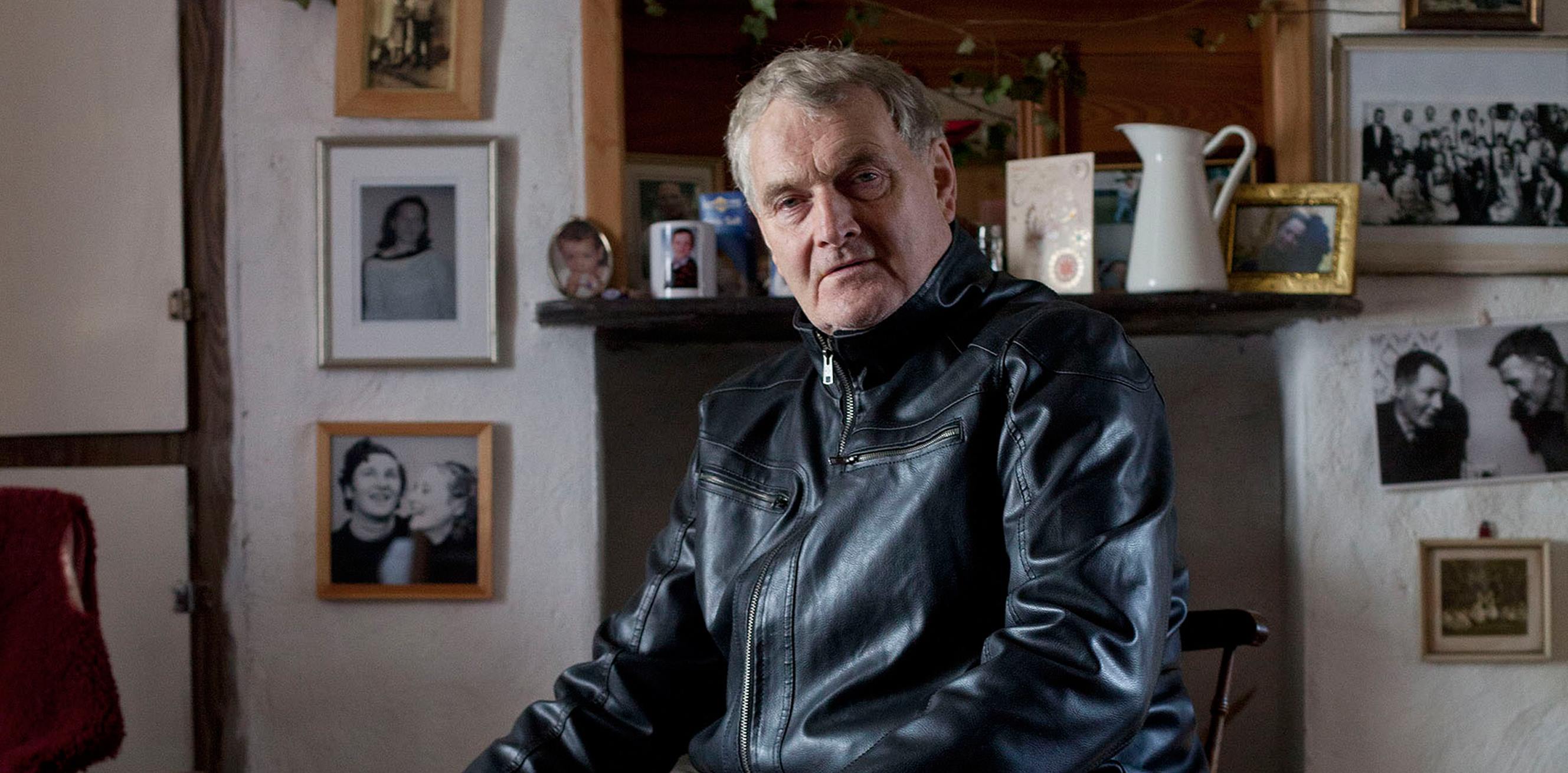The year 2023 has been a real challenge for traditional music thus far. Only two weeks into this new year we’ve seen several noteworthy deaths that have affected the community in visceral ways. This week, I will take the opportunity to reflect on these folks and share some thoughts about their music.
First, we say goodbye to Joseph M. Reavy (b.1927). The 2019 recipient of Mid-Atlantic Comhaltas Ceoltóirí Éireann’s Gradam Comaoine/Outstanding Contribution Award, Reavy was born and raised in the Corktown neighborhood of Philadelphia. His father, the great fiddler and composer Ed Reavy, kept a steady stream of musicians in the house (including the great Louis Quinn), something that make Joe’s upbringing intensely musical.
Although his music was perhaps less well known than his father’s, Reavy was an accomplished musician. https://tinyurl.com/NewStateCeili. He was first violin in Catholic University’s symphony orchestra and taught music locally as he got older. However, he made a substantial and lasting contribution to Irish music by collecting his father’s compositions and publishing them in several books including “Selected Compositions of Ed Reavy” (1971), “The collected compositions of Ed Reavy” (1984), and “The Collected Compositions of Ed Reavy” (1986). It was yeoman’s work from which the musical community has greatly benefitted.
This past weekend we lost the great Mike McHale (b.1934). A Catskills mainstay and friend to all, McHale hailed from Tulsk, Co. Roscommon, and grew up around music. His home was a magnet for musicians and dancers and it led him to start playing whistle when he was six and flute when he was ten. By 1958 he’d won the Connaught flute and the All-Ireland tin whistle championships, and had co-founded the Killina Céilí Band.
McHale left Roscommon for Boston in 1959 and fell in with the likes of Seán McGlynn, Paddy Cronin and others in the New State Céilí Band, the area’s premiere band for Irish dancing. (In 2021, Boston College posted some rare recordings of the band that I encourage all to listen to here.)
In 1967 he moved to East Durham, New York and after a period in which music took a back seat he got back into the swing of things, performing with the likes of Charlie Coen and teaching at the Rhinecliff Hotel up in Dutchess County and at the Catskills Irish Arts Week where he inspired legions of younger players. A wonderful musician and a kind person, his memory will live long. If you can find them, I encourage you to check out his 2000 CD “The Schoolmaster’s House” and “Mike McHale’s Favourites,” the pair of tune books he released in 2017. Both are highly recommended to any lover of traditional Irish music. Read more about McHale at https://cce-ma.com/mike-mchale.
Over in Ireland there have been two major losses, both in Kerry. Jimmy Doyle (b.1944) was a much loved button accordion player originally from Gibb, near Killarney. He grew up in very musical household and learned the nuances of Sliabh Luachra music from a number of local musicians, including his longtime musical partner, the fiddle player, Dan O’Leary, and Johnny O’Leary, Dan’s nephew.
Doyle was one in a line of Sliabh Luachra players that includes, among others, Tom Billy, Denis Murphy, and Padraig O’Keeffe. In 1977, he made an influential LP with Dan O’Leary called “Traditional Music from the Kingdom of Kerry” that is now considered a Sliabh Luachra classic. Doyle was a direct influence on many of today’s button accordion players (including button accordion player Bryan O’Leary) and will be remembered for a long while.
And last, but never least, is the great Seamus Begley (b.1949). A wild man button accordion player and a singer of the very highest standard, Begley was larger-than-life and his music both bold and exquisite in equal measure. His remarkable light is now extinguished and we’re all the worse for it.
The product of a west Kerry Gaeltacht family, Begley’s childhood was extraordinarily rich in music. It was all around his home growing up: both his parents were musical, but they also kept a dancehall that attracted the area’s musicians and dancers. The craic that surrounded the family certainly rubbed off on Begley and his eight siblings, with several, including Máire, Breandán, Eibhlín, and Seosaimbhín, becoming singers and players of instruments.
Begley was a magical presence and led the way over the years. He was a brilliantly engaging live performer who always seemed to know how to appeal to his audiences. He also recorded a large number of brilliant albums. His first was “An Ciarraíoch Mallaithe” (1973) with his sister Máire, but he made several over the course of his life that proved highly influential. The most important was almost certainly “Meitheal,” the seminal album he recorded with Steve Cooney in 1996, but there were many others great ones, including “Ragairne” with Jim Murray (2001), “Disgrace Notes” with Tim Edey (2010), “Le Chéile” with Oisín Mac Diarmada (2012), and “The Bold Kerryman,” a solo album (2015).
The musical community mourns Begley’s passing. Never were polkas and slides played with such abandon or songs sung with such tenderness. To learn more about Begley’s life, I encourage you to visit the Irish Traditional Music Archive’s memorial page (presented in English and as Gaeilge) at https://tinyurl.com/SeamusBegley.
Sincerest condolences to the families and friends of each of these fine musicians. Each one was a treasure and will be sadly missed.






